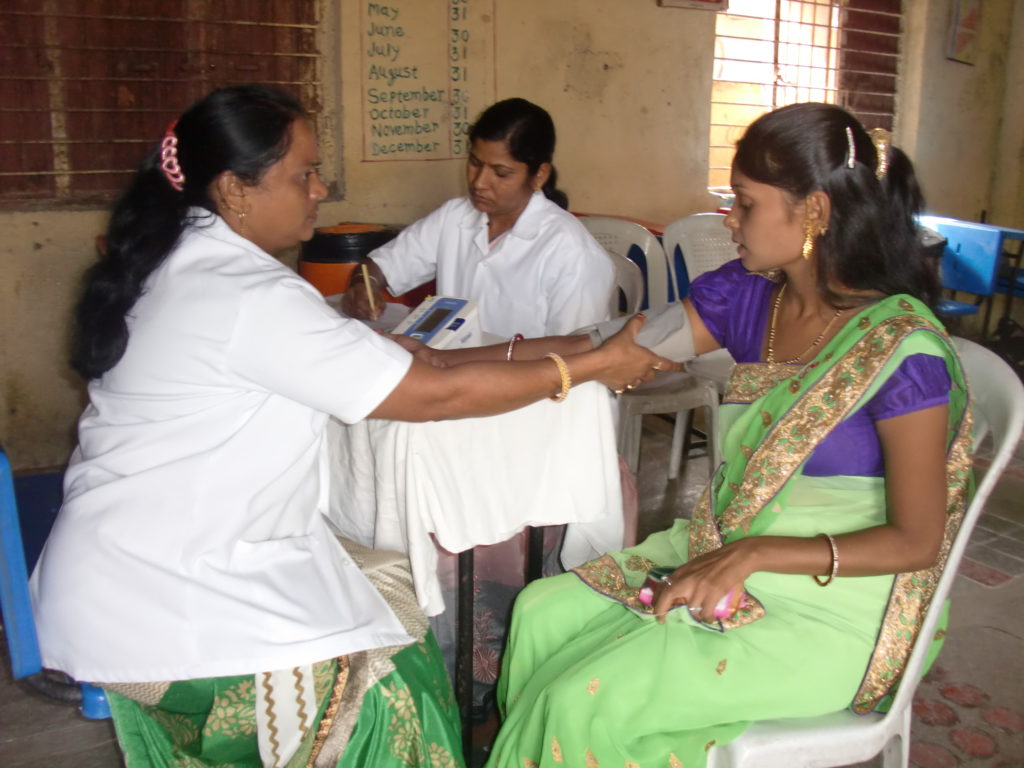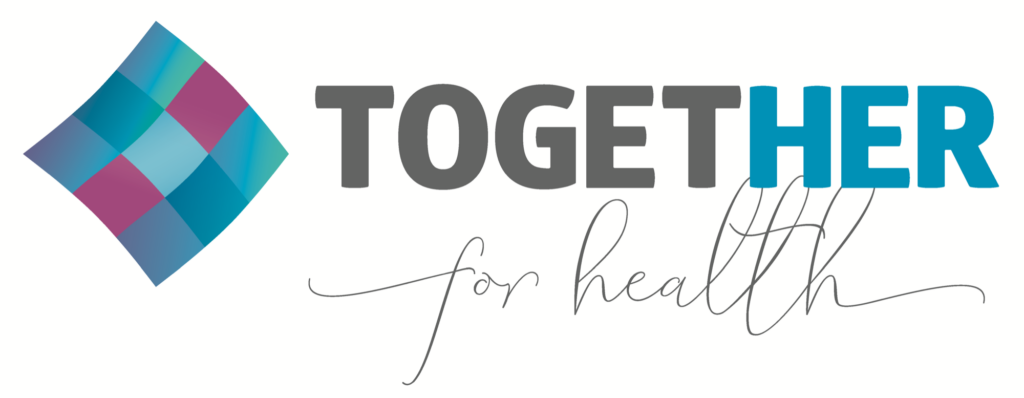The TogetHER Interview: Partha Basu, Head of the Screening Group, International Agency for Research on Cancer (IARC)

November 19, 2020
The impact of COVID-19 on global cervical cancer prevention efforts has been wide-ranging, with unclear long-term ramifications. Our new TogetHER Interview series provides an opportunity for key leaders in global cervical cancer control to discuss current challenges and provide perspective on where the field needs to go from here.
This installment of the TogetHER Interview series features Dr. Partha Basu, Head of the International Agency for Research on Cancer’s Screening Group.
Headshot photo credit: IARC

How have you and your organization been impacted by and adapted to COVID-19?
The International Agency for Research on Cancer (IARC) is the specialized cancer agency of the WHO with a mission to promote international collaboration in research for cancer prevention. Many of our research studies, especially those involving field activities and/or collecting biological specimens from human subjects, have been affected by the COVID-19 pandemic. IARC developed a robust business continuity plan that helped us tide over the global uncertainties posed by the pandemic. We are supporting our collaborators with technical and financial resources to gradually restart field activities adopting adequate risk mitigation measures. Maintaining regular and transparent communications between all stakeholders is essential.
What concerns you most about women’s health in low-resource countries during the pandemic?
The pandemic will create many roadblocks for the low- and middle-income countries (LMICs) to reach the health-related targets of the sustainable development goals (SDGs) by 2030.
What is your organization doing about it?
IARC has joined the global COVID-19 and Cancer Taskforce to assess the impact of the pandemic on cancer outcomes worldwide. We recently completed a study aimed at assessing the impact of COVID-19 outbreak on cancer screening programmes in 17 LMICs spread across Central and South America, Europe, Africa and Asia.

“IARC developed a robust business continuity plan that helped us tide over the global uncertainties posed by the pandemic. We are supporting our collaborators with technical and financial resources to gradually restart field activities adopting adequate risk mitigation measures.“
Photo credit: IARC

How do you see cervical cancer prevention –the HPV vaccine and screen-and-treat –coming back after the pandemic? What can we do now to prepare for the resumption of services?
HPV vaccination and cervical cancer screening programmes will be deeply impacted due to reduced demand (reluctance to attend health facilities) as well as access (limited transport, non-availability of services, shifting health priorities, limited supplies etc.). A multi-sectoral concerted effort is needed to provide directions as well as resources to the countries. Countries need to invest enough in health, especially disease prevention, to build strong and resilient health systems.
What is something you have learned during COVID-19 that makes you hopeful?
A questionnaire survey and in-depth interview of the cancer control programme focal points or programme supervisors in the recently completed IARC study revealed the innovative approaches the screening programmes in the LMICs have adopted to ensure rapid clearance of backlogs (providing dedicated screening services over the weekend), high coverage to screening (expanding outreach to the communities), high compliance of the screen positive individuals to further management (free transport, online system of appointment) and continued access to cancer treatment (navigation by youth volunteers, special transports for cancer patients during lockdown, teleconsultation). Some of the programmes considered the post-COVID situation an opportunity to reduce opportunistic screening and improve screening programme organization through the introduction of robust health information system. This resilience of cancer screening programmes is good news for the global initiatives to eliminate cervical cancer through achieving the 90-70-90 targets.
Click here for more the activities of IARC’s Screening group.
Interested in reading more TogetHER Interviews with leaders in the global cervical cancer response? Click here for the full list.
Disclaimer: Where authors are identified as personnel of the International Agency for Research on Cancer/World Health Organization, the authors alone are responsible for the views expressed in this article and they do not necessarily represent the decisions, policy or views of the International Agency for Research on Cancer /World Health Organization.

Dr Partha Basu is Head of Screening Group of International Agency for Research on Cancer (IARC). He was Head of Gynecological Oncology at Chittaranjan National Cancer Institute, India before joining IARC in 2015.
Dr Basu’s current research projects include: a) cohort study to evaluate single dose of HPV vaccine; b) RCT to evaluate a new Indian HPV vaccine; c) evaluation of thermal ablation; d) evaluation of artificial intelligence based device for cervical cancer early detection; e) study of vaginal microbiome in HIV+ women; f) RCT to evaluate CBE; g) evaluation of automated breast ultrasound; h) evaluation of cancer screening programmes in Europe and Latin America; i) evaluation of colorectal cancer screening in Mediterranean Region. These projects are funded by National Institute of Health (USA), Gates Foundation, American Cancer Society, Norwegian Research Council, Swiss Cancer Research, Lalla Salma Foundation (Morocco), Indo-American Cancer Association etc.
